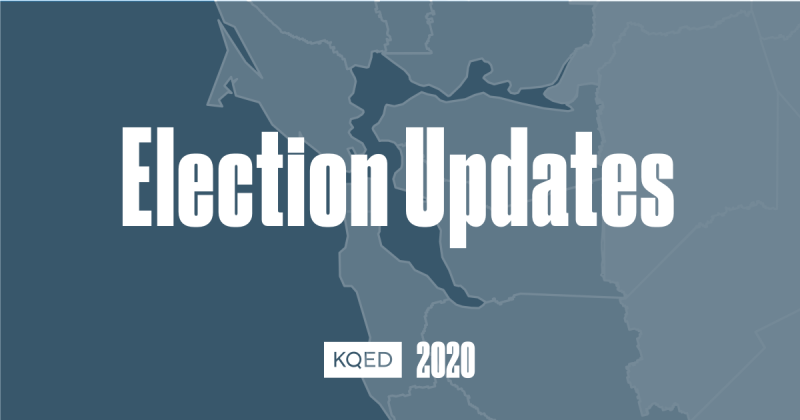In Sonoma County, a sales tax increase to raise spending on mental health and homeless services was leading Wednesday with 69% of voters approving. Measure O needs a two-thirds majority to pass. The tax would raise an estimated $25 million annually for the next 10 years to fund emergency crisis care, substance abuse programs and supportive housing.
A real estate transfer tax in San Francisco has a substantial lead, up by almost 52,000 votes for a 58% advantage with a majority needed to pass. Proposition I would double the transfer tax on buildings that sell for more than $10 million.
Supervisor Dean Preston, who introduced the measure, says rent relief would be a priority for new funds generated by the tax, as well as new affordable housing.
Proposition K, which authorizes up to 10,000 units of municipal housing, has a huge lead, with 74% of the vote.
In the city of Alameda, Measure Z, a proposal to lift restrictions on multifamily housing, is losing 59% to 41%, trailing by about 3,700 votes. Measure Z would repeal a 1973 charter amendment in the city that limits residential development, with some exceptions, to one housing unit per 2,000 square-foot lot.


